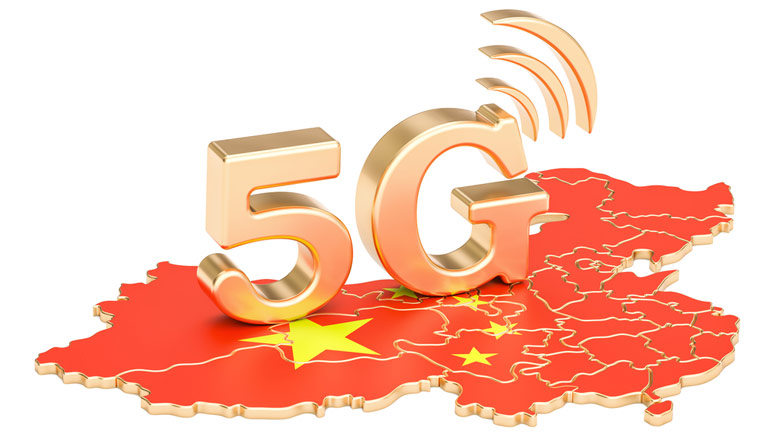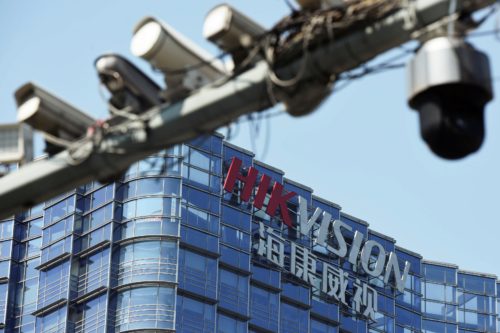5G — China’s next national project?

Building a domestic 5G network is now an urgent national priority for China, one to be achieved by any means necessary, and possibly at great cost.
THE NEWS
Green light for 5G rollout
“China has given the go ahead for its major state-owned mobile carries to start rolling out next generation networks known as 5G, a move experts said was partly a response to the ongoing trade war with the U.S.,” reports CNBC (or see the Xinhua report in Chinese, with a flashy infographic).
Another sign of the vocal enthusiasm for 5G at the highest levels of the Chinese government: The word “5G” appears 14 times on state-owned news agency Xinhua’s homepage as I write this; Party newspaper People’s Daily uses it nine times (both links in Chinese).
Support for 5G part of new stimulus
The National Development and Reform Commission (NDRC) and the ministries of Commerce and of Ecology and Environment jointly released a two-year plan (in Chinese) to promote consumption, especially of electronics and vehicles that depend on 5G and new energy technologies.
Huawei working 24/7
Bloomberg News Network reports:
Huawei has assigned as many as 10,000 of its developers to work across three shifts a day in offices in Shanghai, Shenzhen, and Xi’an to try to eliminate the need for American software and circuitry, according to people familiar with the matter. From janitors to drivers, everyone has been drafted into the struggle and told to brace for escalating political and market pressure. Huawei has declined to comment beyond saying it’s had contingency plans in place for just such an occasion…
Engineers in some groups haven’t gone home for several days.
WHAT IT MEANS
The People’s Republic of China has a long history of trajectory-changing national projects focused on infrastructure. Some of these, of course, like the Great Leap Forward, were misguided disasters that killed millions. However, in 1964, only a few years after the Great Leap Forward, an impoverished and isolated China successfully tested its first atomic bomb.
In the 21st century, China’s arguably largest national project — and certainly the one that has received the most admiration from foreigners, even if some grumble about stolen intellectual property — has been the breakneck construction of its 20,000-mile-and-growing high-speed rail network.
The threat of an American cutoff of technologies vital to 5G has galvanized the Chinese government and public as well as the country’s hungry entrepreneurs. American sanctions on Huawei have hastened what may have been inevitable. Building a domestic, independent fifth-generation (5G) telecom is now an urgent national priority for China, one to be achieved by any means necessary, and possibly at great cost.
Other Huawei news
- Mark Liu (劉德音 Liú Déyīn), chairperson of Taiwan Semiconductor Manufacturing Co (TSMC), the world’s biggest contract chipmaker, yesterday warned that Huawei had cut orders, “likely because of flagging demand for premium smartphones and higher inventory,” reports Taiwan Times.
- “Suppliers around the world are reaffirming their support for” Huawei, says the China Daily, in a short article noting that “German chipmaker Infineon said it is continuing most shipments to Huawei, given that the majority of products it delivers to the Chinese firm are not subject to US export control law restrictions.”






